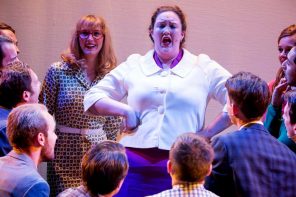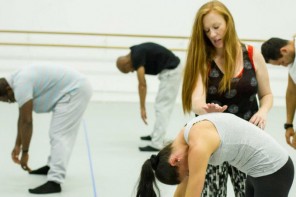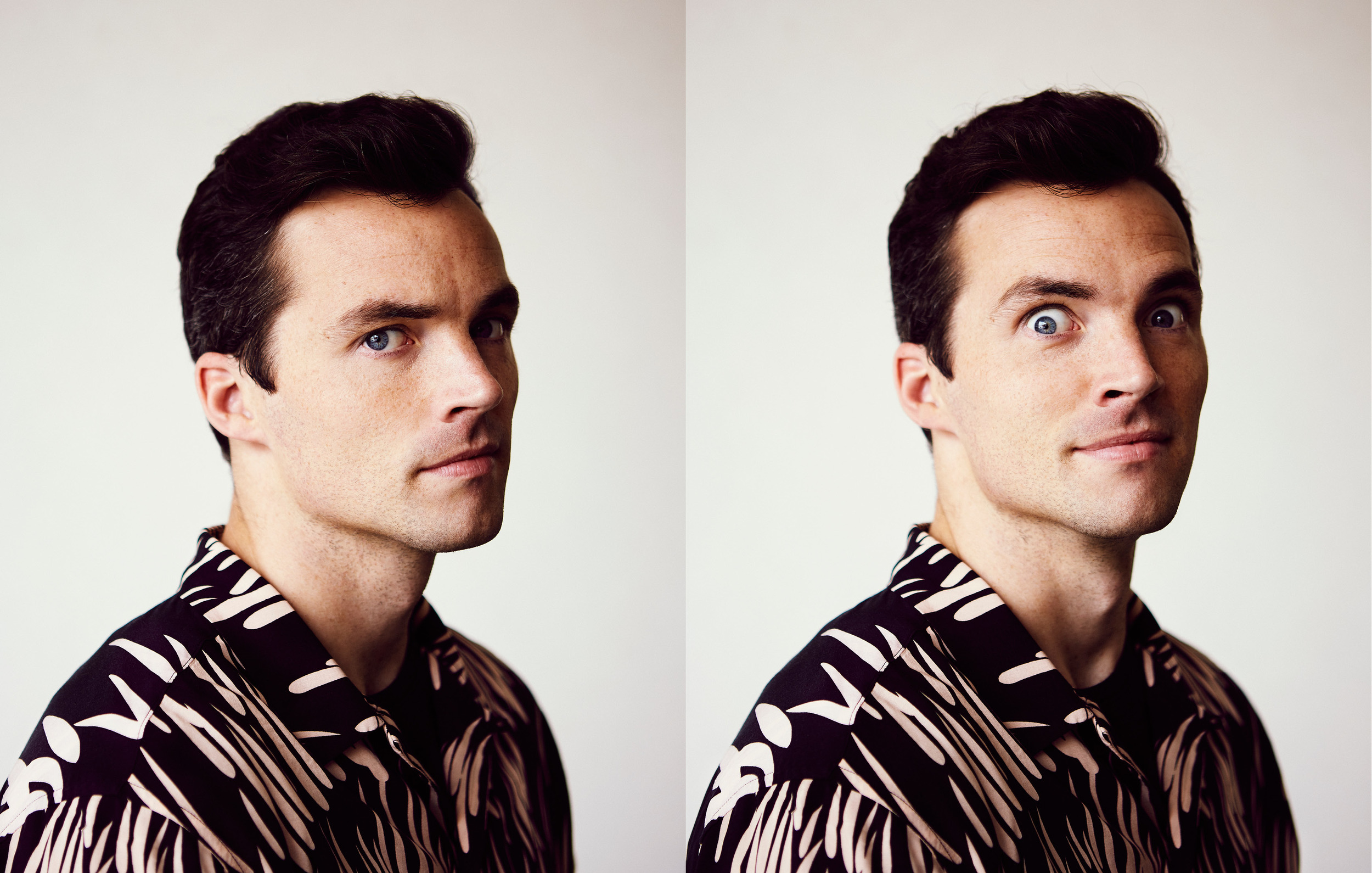Aperture, in a mechanical sense, refers to the size of the opening at the back of the lens, which controls how much light is being passed onto the camera's sensor.
Aperture, often called F-stop, is important to the exposure of your photograph, but it also affects how much of your image is in focus, or the 'depth of field'. This is an important stylistic choice, and impacts the look and feel of your image.
Here are five points to explain and experiment with aperture:
1. Open Wide
When the aperture opening is wide (e.g. a lower value such as f/1.4), the image background appears blurrier and contrasts with the foreground, resulting in a shallow depth of field.
2. Straight and narrow
When the aperture opening is narrow (e.g. a higher value such as f/22), both the background and foreground stay in focus, resulting in a flatness we call deeper depth of field.
3. Striking distance
As you draw closer, or move further from your subject, the depth of field will change. This, combined with your F-stop setting, gives you control of the depth of field in the photograph.
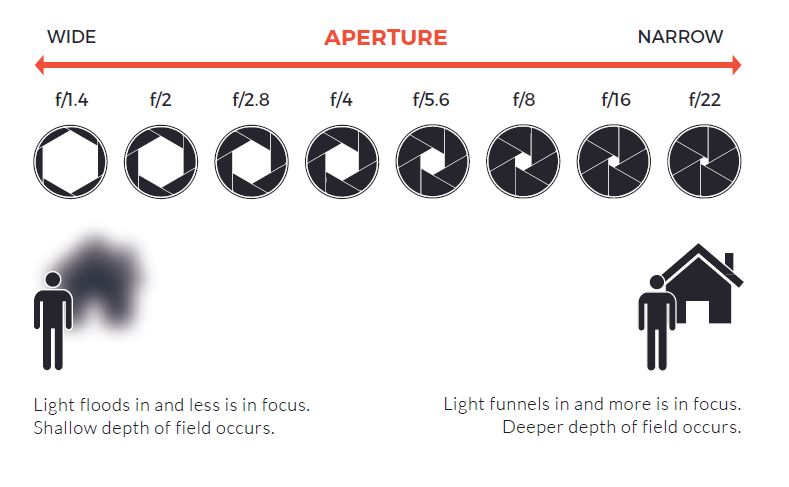
4. Find your style
Portrait photographers might choose wider apertures to capture an in-focus subject surrounded by an out of focus or 'soft' background. Documentary photographers will often use narrower apertures to capture sharper details, giving the photograph a more real-life feel. Experiment with your own style.
5. Decent exposure
Don't forget that as you change the f-stop to control the depth of field, you will also affect exposure. To compensate for the light, adjust the shutter speed manually, or allow the use Aperture Priority mode on your camera.
EXTRA. Aperture project
With your camera on Aperture Priority mode, choose a subject to photograph and position it to the right of your frame. Blur out the background by using a wide aperture to make the subject the focus on your photo. Experiment with five different apertures for a different blur each time.
City Academy run photography classes across London - practice your composition and get hands-on practical advice from professional photographers in our wide range of courses:
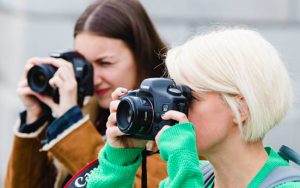 - Digital Photography for Beginners
- Digital Photography for Beginners
- London Street Photography
- Portrait Photography
- Fashion Photography
- Documentary Photography
- Food Photography
- Photoshop for Photography




